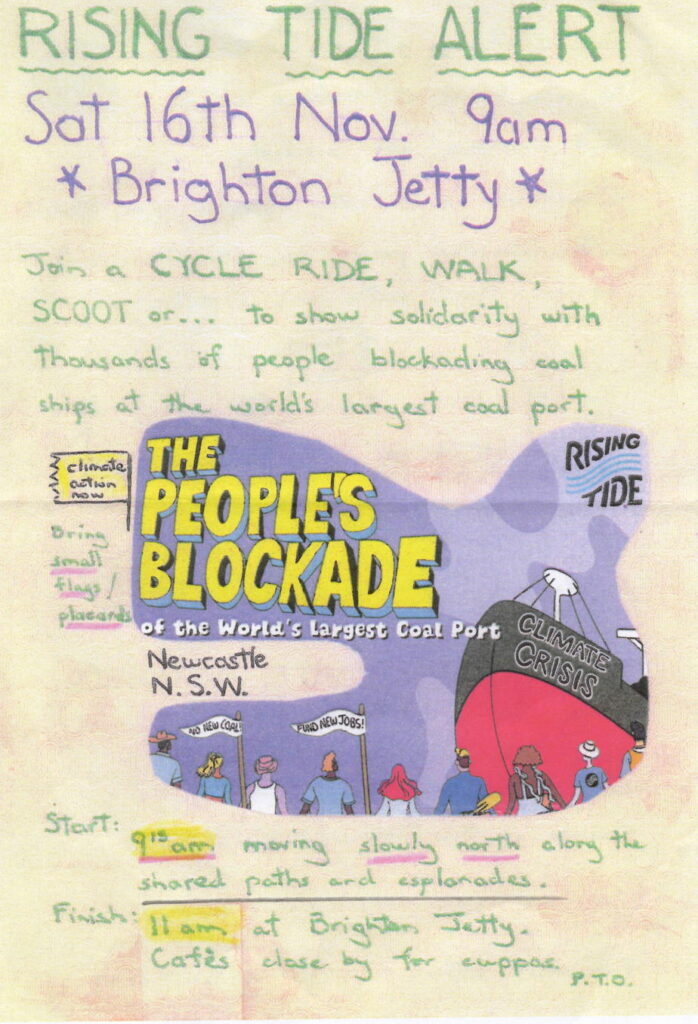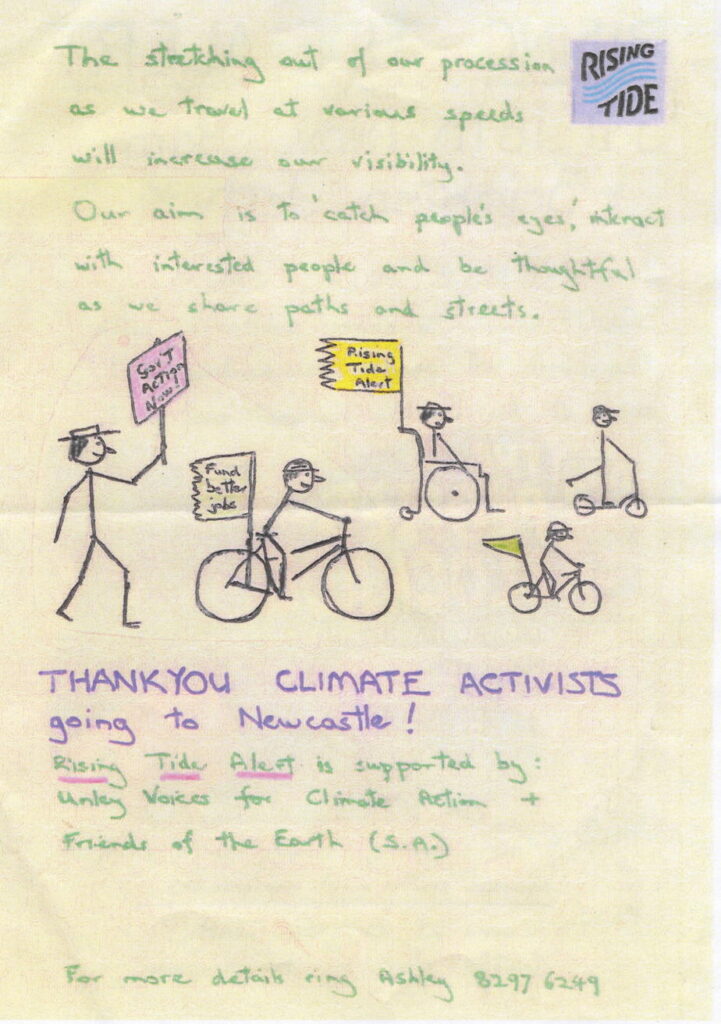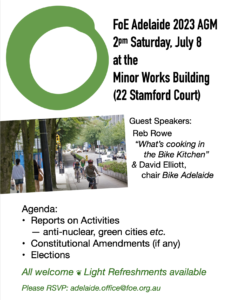Hi FOE members and friends.
Remember how upset you were last year when the Environmental Protection Agency amendments for Environmental Standards were not voted on in Parliament?
We need you to use that energy for good and put pressure on Labor MPs and Senators to pass these environmental amendments in the February sitting of Parliament (weeks starting 3/2 and 10/2).
The Labor Environment Action Network (LEAN) have mobilised their members to make calls to MPs and Senators next week. LEAN are inviting the environmental movement community to call their Labor MPs and Labor Senators as well, to show the widespread community support for the EPA amendments. We need to make the calls between 9am and 5pm Tuesday 28/1 to Friday 31/1.
Please take up this invitation to take this strong action for the environment. If you have a Labor MP, please make 5 calls to both them and the four SA Labor Senators. If you don’t have a Labor MP, please make 4 calls to each of the 4 Labor Senators.
If you chose to call and speak to the politician’s staffer, please be polite but clear about why you want the parliamentarian to take action. Each call should take less than 5 minutes, but is a powerful way you can let MPs and Senators know that their constituents are watching.
Phone numbers are below, and a suggested script is attached..
Please feel free to contact me if you need more information on 0423 219 096. It would be good if you could send me a quick email to let me know who you have called and what they have said.
Thanks for your support!
regards
Robyn Wood
0423 219 096
Steve Georganas
|
MP Adelaide
|
(08) 8269 2433
|
Louise Miller-Frost
|
MP Boothby
|
(08) 8374 0511
|
Mark Butler
|
MP HIndmarsh
|
(08) 8241 0190
|
Matt Burnell
|
MP Spence
|
(08) 8258 6300
|
Tony Zappia
|
MP Makin
|
(03) 9534 8126
|
Don Farrell
|
Senator
|
(08) 8231 8400
|
Penny Wong
|
Senator
|
(08) 8212 8272
|
Karen Grogan
|
Senator
|
(08) 8269 6022
|
Marielle Smith
|
Senator
|
(08) 8340 0444
|
Here’s the script for the EPA ES Blitz



